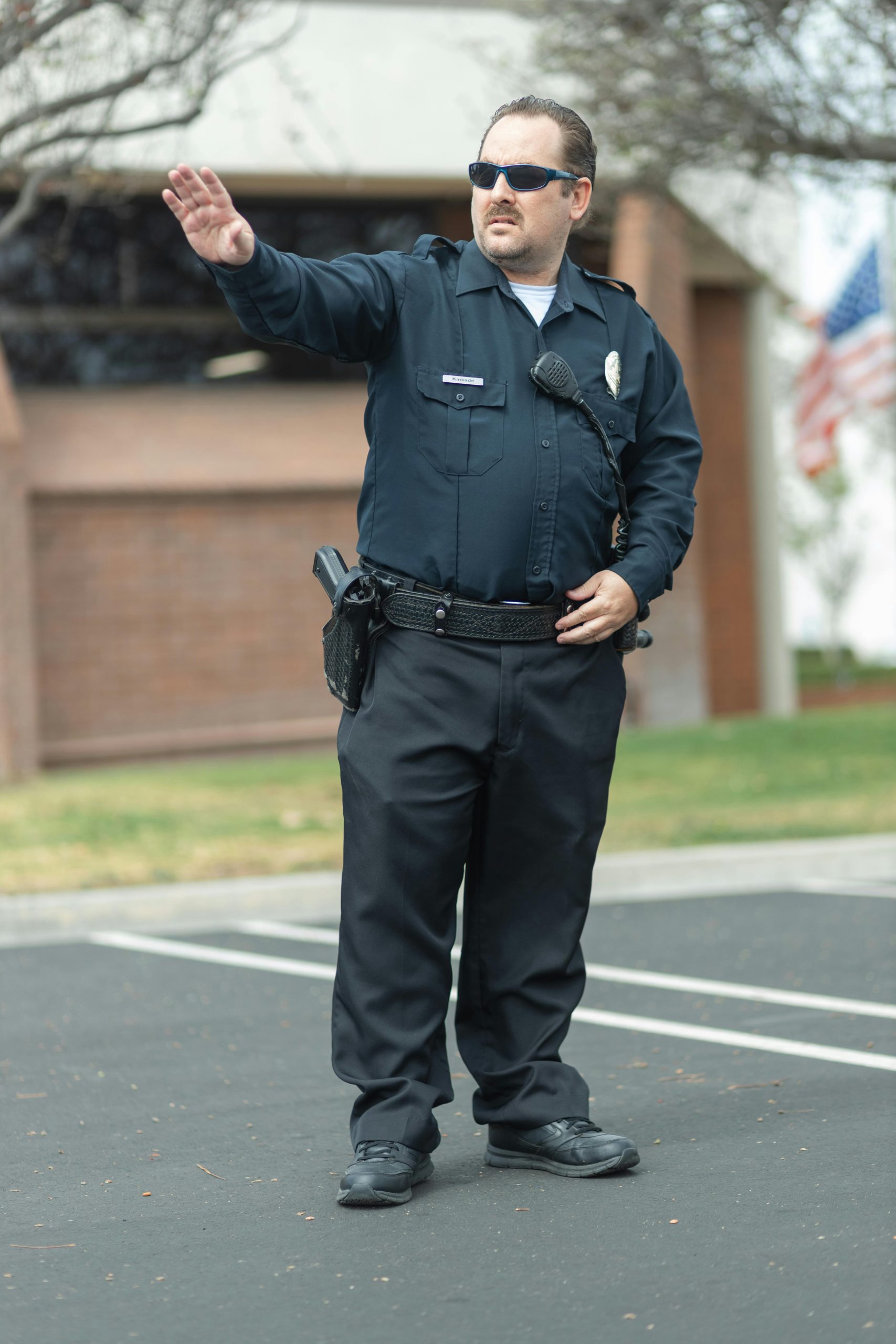 To ensure public trust in law enforcement, local government officials have the power to regulate police officers’ conduct both on and off duty. There are certain lines that police officers should not cross, even in their private lives. The following case shows how the New Orleans Police Department (“NOPD”) can terminate the employment of a long-serving police officer for fighting after a traffic accident and reinforce the high standard they hold their employees to.
To ensure public trust in law enforcement, local government officials have the power to regulate police officers’ conduct both on and off duty. There are certain lines that police officers should not cross, even in their private lives. The following case shows how the New Orleans Police Department (“NOPD”) can terminate the employment of a long-serving police officer for fighting after a traffic accident and reinforce the high standard they hold their employees to.
Officer Tracy Fulton of the NOPD was waiting at a stop light in his personal vehicle when he was hit from behind by a driver under the alias in court as E.C.. Officer Fulton left his car and began yelling at E.C. and the occupants of his vehicle. When Officer Fulton attempted to open the door of E.C.’s vehicle, E.C. drove off and went to his home. Officer Fulton called the police to report a hit-and-run and followed E.C., who was returning home. Officer Fulton then confronted E.C. again, and the argument eventually became a fight between the two men.
After the two men exchanged blows, they retreated to their vehicles to grab weapons, and the fight ended. After the fight, E.C. had a broken nose, a dislocated jaw, a concussion, and concussion-related symptoms. After an NOPD investigation, Officer Fulton was charged with second-degree battery and was also investigated and eventually fired. Officer Fulton was found not guilty of the battery charge at trial, but the termination was never reversed. Officer Fulton then appealed his termination to the New Orleans Civil Service Commission (“the Commission”).
According to the Louisiana Constitution, the NOPD can discipline an employee for sufficient cause. La. Const. art. X, § 8(A). This termination stipulates that it must have a cause or a legitimate reason for the termination. La. Const. Art. X, § 12. The standard for legal cause is whenever the employee does something that hurts the ability of the employee to effectively engage in public service. See Cittadino v. Dep’t of Police, 558 So.2d 1311, 1315 (La. Ct. App. 1990). Finally, the law in Louisiana allows disciplinary action even if a criminal case based on the same events is not successful. See Bailey v. Dep’t of Pub. Safety & Corr., 951 So. 2d 234, 240 (La. Ct. App. 2006).
On appeal, the Louisiana Fourth Circuit Court of Appeal upheld the Commission’s decision to terminate Officer Fulton’s employment. Officer Fulton attempted to explain his conduct as self-defense and argued that his actions were justified. This claim failed because the Commission determined that Officer Fulton was the aggressor. E.C. drove away after the initial confrontation, but the Fourth Circuit noted that E.C.’s behavior was not that of a driver committing a hit-and-run. E.C. stopped at a red light, which allowed Officer Fulton to gather E.C.’s vehicle information and license plate number.
In fact, the Commission found that all of Officer Fulton’s actions after the accident were inappropriate, unnecessary, and threatening. Officer Fulton never withdrew and was continuously the threatening party; accordingly, he was not entitled to use self-defense. Instead, E.C.’s actions of engaging in a fight after being followed to his home were found to be justified. The Commission found that the evidence was overwhelming that Officer Fulton’s aggressive nature in this confrontation hurt his ability with the NOPD to conduct efficient and effective operations.
The purpose of a police department is to protect and serve the members of a community. Officers getting aggressive with community members after a simple traffic accident can undermine all of the good work a police department provides. The NOPD and the Commission were correct in removing officers who could not handle themselves professionally, even if they were not on the clock.
Additional Sources: Tracy Fulton versus Department of Police
Written by Berniard Law Firm
Additional Berniard Law Firm Articles on Police Conduct: Eunice Police Chief Comments about Business Owners Found Defamatory
 Insurance Dispute Lawyer Blog
Insurance Dispute Lawyer Blog

